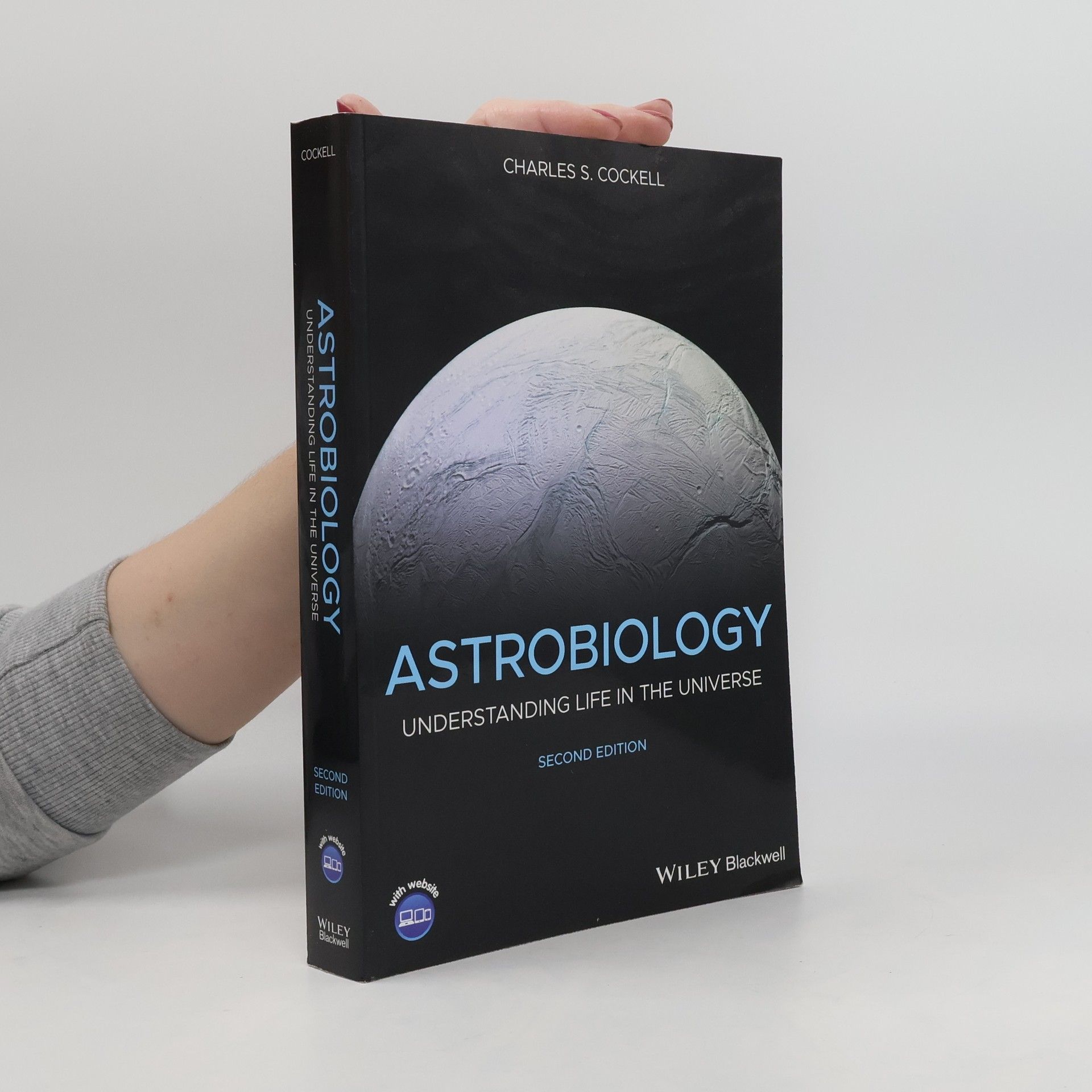Somewhere Out There You
- 152 pages
- 6 hours of reading
A romantic comedy with a twist, playfully unravelling the love stories we weave for ourselves. First performed at the Abbey Theatre, Dublin, as part of Dublin Theatre Festival.





A romantic comedy with a twist, playfully unravelling the love stories we weave for ourselves. First performed at the Abbey Theatre, Dublin, as part of Dublin Theatre Festival.
The book explores the potential for tyranny in space and presents a compelling argument for the establishment of free societies beyond Earth. Charles S. Cockell proposes that by reformulating classical liberal principles, humanity can create systems of governance that promote freedom and democracy in the extraterrestrial realm, challenging the notion of a bleak future dominated by despotism.
Taxi drivers love to talk, and when astrobiologist Charles Cockell is their passenger, they love to talk about aliens. This humorous, insightful collection gathers essays inspired by conversations with cabbies, ranging over the possible nature of alien societies, the inevitability of life, and links between environmentalism and space exploration.
A guide to understanding the formation of life in the Universe The revised and updated second edition of Astrobiology offers an introductory text that explores the structure of living things, the formation of the elements required for life in the Universe, the biological and geological history of the Earth, and the habitability of other planets. Written by a noted expert on the topic, the book examines many of the major conceptual foundations in astrobiology, which cover a diversity of traditional fields including chemistry, biology, geosciences, physics, and astronomy. The book explores many profound questions such How did life originate on Earth? How has life persisted on Earth for over three billion years? Is there life elsewhere in the Universe? What is the future of life on Earth? Astrobiology is centered on investigating the past and future of life on Earth by looking beyond Earth to get the answers. Astrobiology links the diverse scientific fields needed to understand life on our own planet and, potentially, life beyond. This new second Written for students of life sciences, physics, astronomy and related disciplines, the updated edition of Astrobiology is an essential introductory text that includes recent advances to this dynamic field.
Maps are amazing! In this book, readers can find out about the main features that maps have. They can also discover some very different kinds of maps and how we can use them in many different ways.